Continuing the program of the 10th session of the 15th National Assembly, on the morning of October 21, National Assembly deputies discussed in groups the results of implementing the 2025 socio -economic development plan and the expected 2026 socio-economic development plan.

Marine economy and agriculture are the driving forces for growth
Discussing in groups, delegates said that thanks to high determination, great efforts, and drastic actions, the main socio-economic targets were achieved and exceeded 22/26 targets, and 2/26 targets were approximately achieved.
At the same time, delegates agreed with the solutions proposed by the Government in 2026 to promote growth of over 8%, associated with maintaining macroeconomic stability, controlling inflation, ensuring major balances; promptly and effectively responding to external shocks; focusing on removing difficulties and obstacles for long-standing backlog projects; striving to disburse 100% of public investment plans.
Delegate Ta Dinh Thi (Hanoi Delegation) said that the above results show the country's strong aspiration to rise in the new development period, in which marine economic development is identified as one of the important pillars, creating momentum for fast and sustainable growth.

Highlighting three bright spots in marine economic development, delegate Ta Dinh Thi also noted the increasing pressure on the environment and marine resources due to rapid development and the impact of climate change. Many coastal projects have developed strongly, but local people have not yet fully enjoyed the fruits of development.
“This is an issue that needs to be taken seriously for sustainable and comprehensive development. Along with that, it is necessary to focus on protecting the environment, restoring the marine ecosystem, developing high-quality human resources, expanding international cooperation and ensuring security and safety of the sea and islands,” emphasized delegate Ta Dinh Thi.

Delegate Nguyen Thi Lan (Hanoi Delegation) assessed that the Government's report paid great attention to the agricultural sector, especially in the development orientation of "Green agriculture, low emissions, adaptation to climate change" and promoting restructuring of the industry towards modernity and sustainability, associated with new rural construction and digital transformation.
From practice, delegates recommended planning and building an “Eco-innovative agricultural belt” for Hanoi. This belt connects universities, agricultural academies, Hoa Lac High-Tech Park and suburban communes, such as Gia Lam, Soc Son, Ba Vi, etc.
Delegate Nguyen Thi Lan also proposed that Hanoi promote the conversion of suburban agriculture to a green production model, associated with eco-tourism and the experience economy. This is a necessary direction in the context of Hanoi being under strong pressure from urbanization, with agricultural land funds shrinking, while still ensuring its role as a center for supplying food and high-quality seeds and seedlings for the entire region.
Slow disbursement is still a "bottleneck"
Delegate Nguyen Anh Tri (Hanoi Delegation) highly appreciated the report of the Government and the Prime Minister, which fully reflected the achievements, difficulties, challenges, and specific directions for action in the coming time.
However, the slow disbursement of public investment capital remains a matter of concern. By the end of September, the country had only achieved about 50% of the plan, and by mid-October it had reached about 53%. Thus, the remaining disbursed capital of nearly 47% is a huge challenge in the last months of 2025.

To promote public investment disbursement, according to delegates, it is necessary to improve the capacity, responsibility and determination of each agency and unit.
In addition, delegate Nguyen Anh Tri also expressed deep concern about the increasingly complex situation of high-tech crimes, online fraud and kidnapping. Recently, many agencies and businesses have had their systems attacked by hackers, demanding ransom, causing serious damage. Therefore, the Government needs to strengthen international cooperation, especially with neighboring countries, to prevent cross-border criminal gangs; and take stronger measures to detect, handle and protect people and businesses.
Referring to the socio-economic development of Hanoi, delegate Nguyen Anh Tri expressed his pride in the capital's many outstanding achievements in recent times, but also expressed his concern about water pollution in lakes and rivers. The delegate said that it is necessary to solve the problem from the source of wastewater treatment systems, instead of just treating the water when it has been discharged into rivers and lakes.

Regarding the issue of traffic congestion, delegate Nguyen Phi Thuong (Hanoi Delegation) said that Hanoi currently has more than 8 million vehicles, including nearly 7 million motorbikes; meanwhile, the land area for traffic only reaches 12.15% - much lower than the standard of 20% for a developed urban area. Personal vehicles increase by 5-10% each year, but infrastructure only increases by 0.3%. That is the main reason why traffic congestion is getting more and more serious.
The delegates informed that the city has started construction of 7 bridges over the Red River, 1 bridge over the Duong River, along with many main roads and urban railway projects. During the 2025-2030 term, the city aims to complete 4 new urban railway lines, synchronized with the belt routes.

Regarding the implementation of the two-level local government model, delegate Bui Huyen Mai (Hanoi Delegation) said that Hanoi is a pioneer, exemplary and initially successful locality in the process of organizing and rearranging the apparatus. The city is the locality that has reduced the number of administrative units the most - up to 76%, now there are 126 communes and wards, contributing to improving the effectiveness and efficiency of state management.
Concerned about legislative work, delegate Bui Huyen Mai said that in the context of many changes in the law-making process, the National Assembly focuses on deciding on framework issues, while specific implementation depends on decrees, circulars and guiding documents, the Government and relevant agencies need to establish a mechanism to regularly evaluate the quality of documents guiding the implementation of laws.
“We need to regularly review, adjust and update decrees and circulars to suit reality, especially in the process of implementing the two-level local government model. Thus, new legal policies will quickly become effective, meeting development requirements,” delegate Bui Huyen Mai emphasized.

Discussing the management of state budget revenue in 2025, delegate To Ai Vang (Can Tho Delegation) said that, based on the assessment of the difficult situation of enterprises and the economy, the Government has submitted to competent authorities to issue and issue under its authority policies to reduce and extend taxes, fees, charges and land rents..., the scale of the issued policies is about 237 trillion VND. Thus, in 2025, the state budget will reduce revenue by about 240 trillion VND. This has a significant impact on local budget revenue.
Forecasting the impact of domestic, regional and international situations on socio-economic development in the country, delegates recommended that the Government balance the state budget collection in 2026 and consider and submit to the National Assembly for further decision on tax and fee exemption and reduction policies in 2026 and the following years.
Source: https://hanoimoi.vn/dai-bieu-quoc-hoi-de-xuat-phat-trien-vanh-dai-nong-nghiep-sinh-thai-cho-ha-noi-720403.html


![[Photo] Prime Minister Pham Minh Chinh meets with Speaker of the Hungarian National Assembly Kover Laszlo](https://vphoto.vietnam.vn/thumb/1200x675/vietnam/resource/IMAGE/2025/10/20/1760970413415_dsc-8111-jpg.webp)


![[Photo] Prime Minister Pham Minh Chinh received Mr. Yamamoto Ichita, Governor of Gunma Province (Japan)](https://vphoto.vietnam.vn/thumb/1200x675/vietnam/resource/IMAGE/2025/10/21/1761032833411_dsc-8867-jpg.webp)
![[Photo] National Assembly Chairman Tran Thanh Man holds talks with Hungarian National Assembly Chairman Kover Laszlo](https://vphoto.vietnam.vn/thumb/1200x675/vietnam/resource/IMAGE/2025/10/20/1760952711347_ndo_br_bnd-1603-jpg.webp)

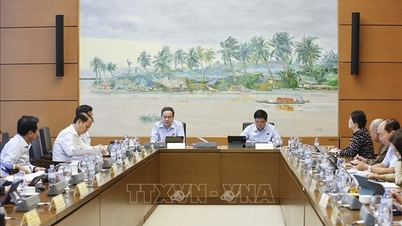

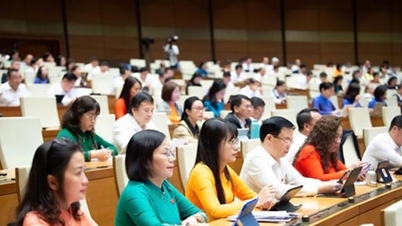
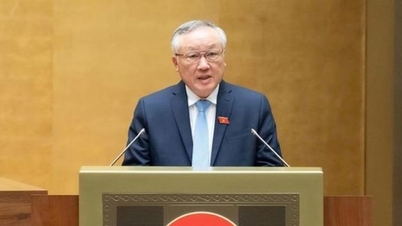
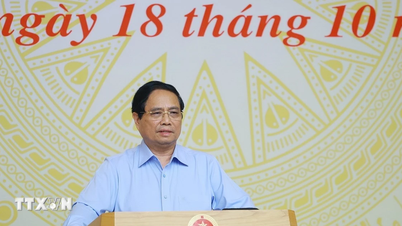

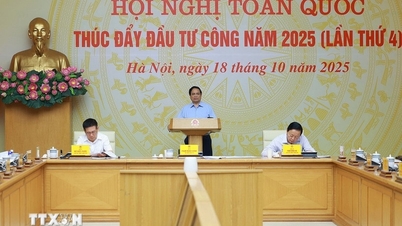

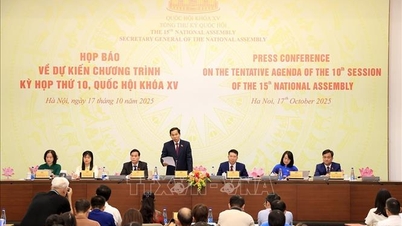
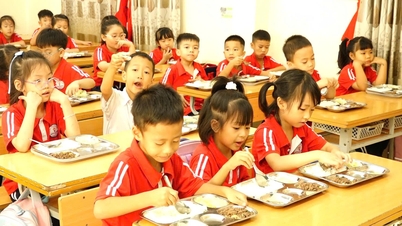




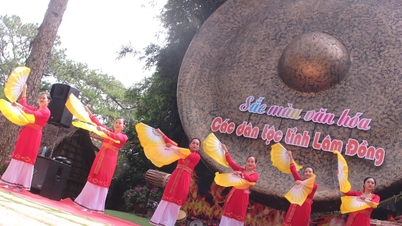

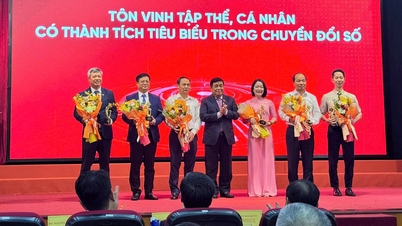

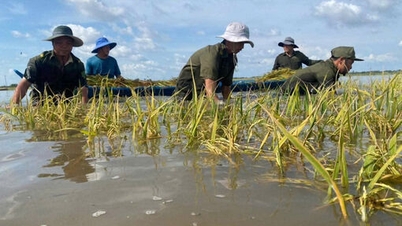







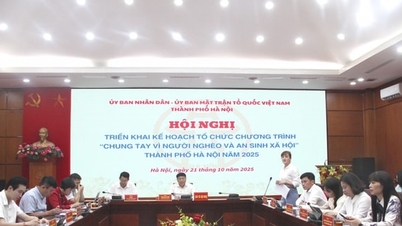


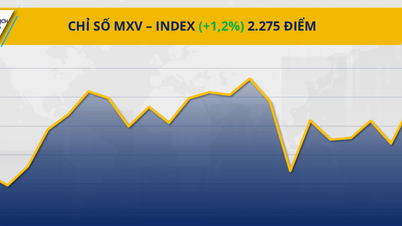








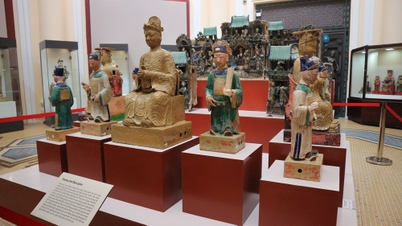
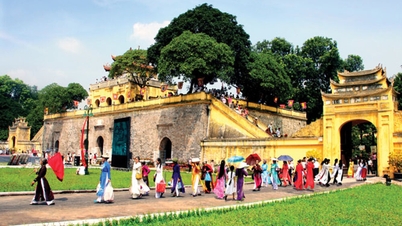







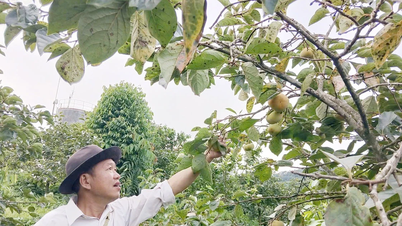











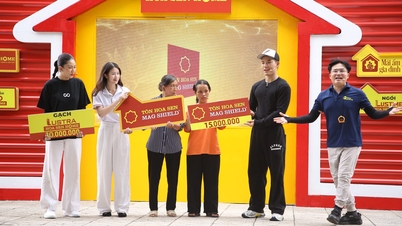









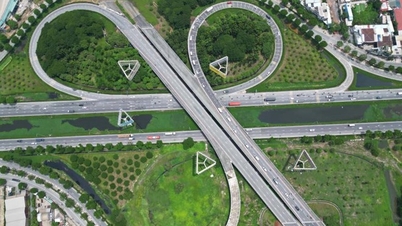

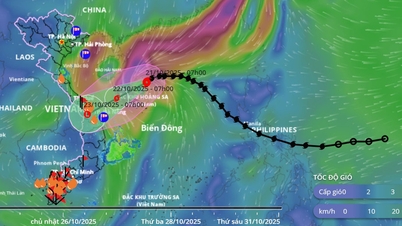
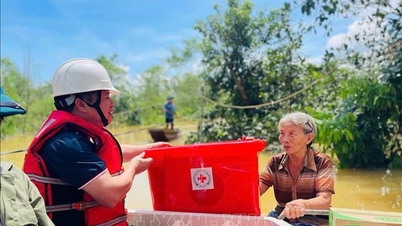
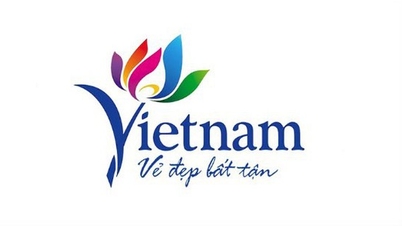

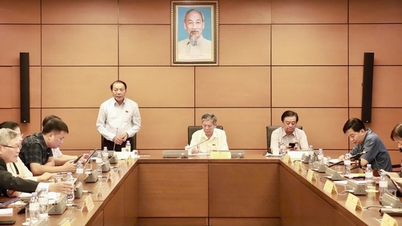
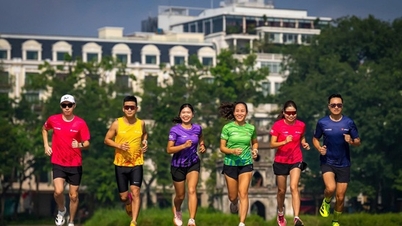

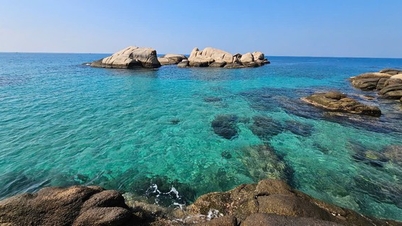
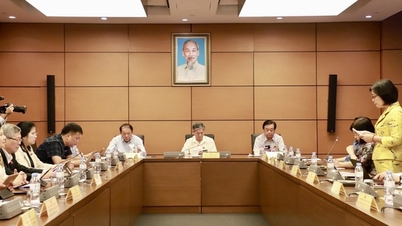
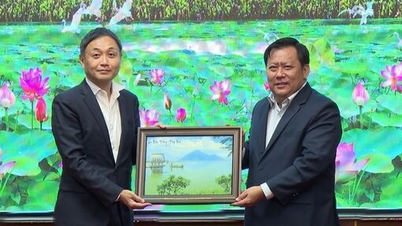
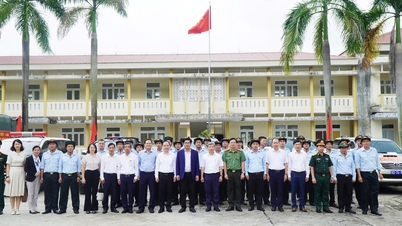



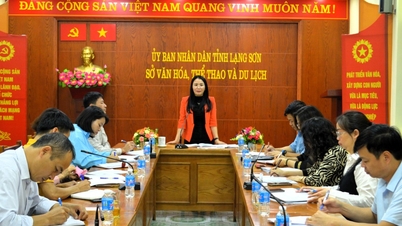















Comment (0)